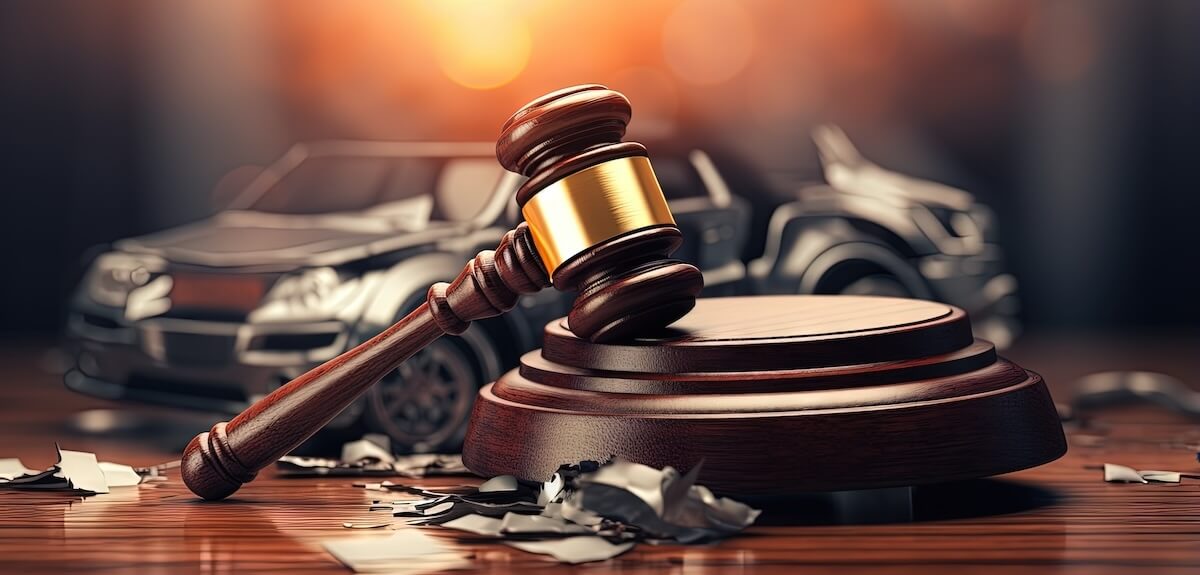By Andrew Happer, MBA, M.Eng., P.Eng., CFEI
Motor Vehicle Data: Part Two
What is motor vehicle data and how can it be used?
In the age of advanced automotive technology, vehicle owners may not be fully aware of the wealth of information stored, tracked, and wirelessly communicated by modern motor vehicles. This extensive data includes engine fault codes, operational characteristics, collision events, travel routes, camera images, and sometimes video. Law enforcement professionals and forensic engineers possess sophisticated tools to extract and analyze specific data for investigations related to collisions and hit-and-run incidents. However, navigating the ownership and accessibility parameters of this data is essential before attempting to harvest the information. Part two of our series explores the approaches taken to access the information.

Over the past 20 years, there have been more than 75 cases in Canadian courts that have dealt with the acquisition and acceptance of electronic data from motor vehicles. The data has been accepted in the courts, as long as the person presenting the information has obtained it lawfully and is able to explain what the data means. In general, these court cases have dealt with EDR data or vehicle-specific data. The owner of the vehicle has been established as the owner of the electronic information. Therefore, the vehicle owner has to provide permission or authorization for the information to be collected. Vehicle manufacturers have been putting detailed descriptions in owner’s manuals so vehicle owners should have an idea of the nature of the information that their vehicle records.
There hasn’t been much precedence that deals with the newer ADAS technologies, infotainment systems and person-specific data that resides in motor vehicles, particularly when there may be personal information of other people residing in the vehicle’s electronic memory. For example, a rental vehicle that has had multiple renters connect their personal phones to the infotainment system could contain personally identifying information that is unrelated to the rental car owner. To date, since that person-specific information is contained within the vehicle, police agencies and insurance companies are handling it as though the vehicle owner is the gate keeper to the information within.
Police agencies are commonly involved in accessing motor vehicle data as they are the ones first on the scene of a serious collision and they must complete an investigation to see if anyone should be charged. The way that police handle accessing the vehicle data depends on the jurisdiction, but most agencies will get search warrants for all vehicle downloads. Some, however, will complete a download at the scene for ease of access and as part of the on-scene investigation. Police can also access vehicle data by getting an owner’s authorization, but they would need to prove that the owner provided informed consent to ensure they could reference the obtained information.


The private work completed by investigators, such as forensic engineers, is normally done on behalf of an insurance company or a legal representative. Insurance policies set out the requirements of an insured vehicle owner to co-operate with their insurer whenever a claim takes place. It’s this underlying agreement that allows insurance companies to investigate claims and collect the available information needed to make an informed decision. When an insurance company asks an investigator to inspect a vehicle related to an insurance claim, that investigator has the de facto permission from the vehicle owner as the investigator is acting on their behalf. This inspection includes acquiring any electronic data that may be present in the vehicle.
The approach of insurance companies to access the infotainment systems, which could contain person-specific data, is to obtain a separate signed release from the insured to allow this acquisition. But that’s not a hard rule and some insurers allow access without a separate signed release. The authorization to inspect a third-party vehicle must come from that vehicle owner or their insurer.
